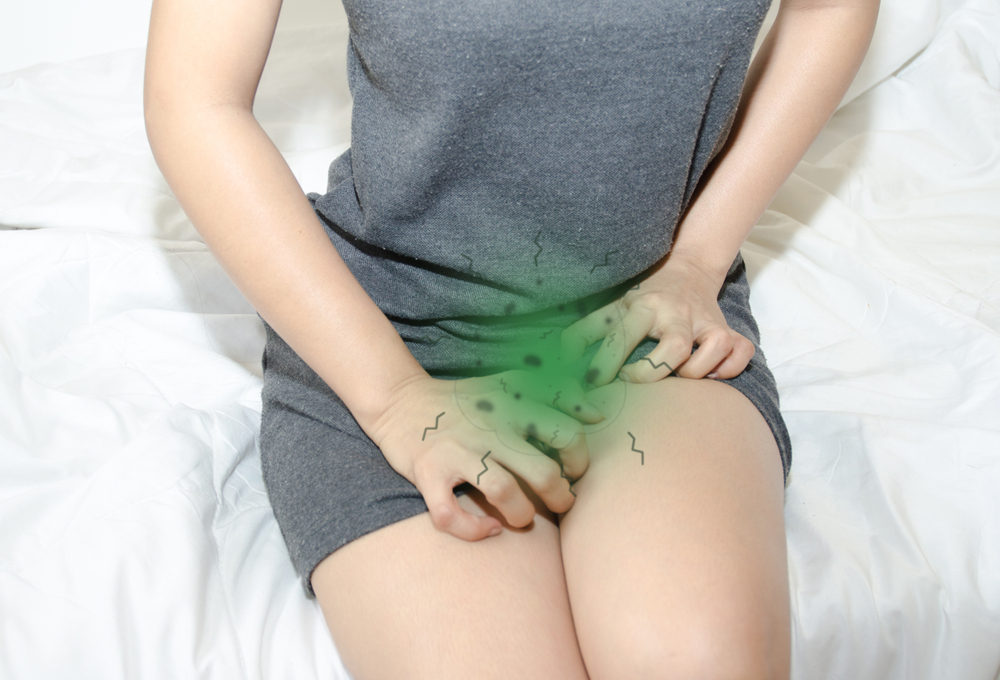Vagina thrush is one of the infections that occur during pregnancy. This is because susceptibility to this infection increases in pregnant women as pregnancy hormone (estrogen) level increases. Thrush is a vaginal infection caused by a yeast-like fungus; Candida albicans. Candida is a normal vagina flora and their existence with other microflora in this area helps to maintain vaginal balance.
Causes of vaginal thrush in pregnancy
Prior mentioned, Candida is a natural flora of the vagina, however, the overgrowth of Candida results in thrush during pregnancy. This can be caused by;
- Hormonal imbalance, that is, Increased level of estrogen which gives room for the growth of vagina thrush.
- Production of Human Placental Lactogen (HPL), this placenta hormone acts as an insulin antagonist resulting in increased glucose level in the body of a pregnant woman, this condition can help the rapid multiplication of Candida in the vagina.
- Intake of pregnancy antibiotics such as penicillin, Erythromycin, Cephalosporin, etc. can affect the bacterial flora of the vagina. The bacteria which assist in maintaining the fungal balance of the vagina when wiped out allows the overgrowth of Candida, resulting in vaginal thrush in pregnancy.
- Finally, any other factors or activities that can increase the risk of fungal growth can lead to vaginal thrush.
Recommended: Pooping During Labor: What You Should Know
Symptoms of vaginal thrush in pregnancy
- Vaginal itching
- Redness and irritation of the vulva
- Soreness of the vagina
- White odorless cheese-like discharge
- vaginal inflammation or vulval inflammation
Treatment of vaginal thrush in pregnancy
Vaginal thrush can be recurring, however, this condition can be kept under control by the following ways.
- Use of anti-thrush pessary – These are intravaginal cream that is applied inside the vagina by inserting an applicator or by the use of the hand. It is also applied externally to prevent vaginal itchiness and soreness. This cream usually contains anti-fungal medication such as Clotrimazole.
- Fluconazole, an anti-fungal drug also helps but it is not advisable to be used during pregnancy or breastfeeding as it can affect the baby negatively.
Prevention of vaginal thrush in pregnancy
- Wear dry underwear and remove wet ones immediately.
- Wear cotton (breathable) underwear to allow ventilation.
- Avoid tight-fitting pants that can lead to the moistness of the vaginal area.
- Avoid douching unless advised by doctors.
- Maintain good vaginal hygiene.
- Avoid the use of scented soaps, shower gels, or deodorants around the vagina area.
- Always wipe from front to back and not otherwise.
Even though this infection is harmless to the mother and the baby, it can cause discomfort for the mother. A baby can contact thrush from the mother during delivery. This commonly results in oral thrush in the baby. This is nothing to be scared of as it can be treated. Oral thrush in babies can resolve spontaneously or by pasting an anti-fungal cream in the baby’s mouth. See your doctor for more advice.
- Vaginal Thrush In Pregnancy – Causes, Prevention, And How To Treat It - October 5, 2020








